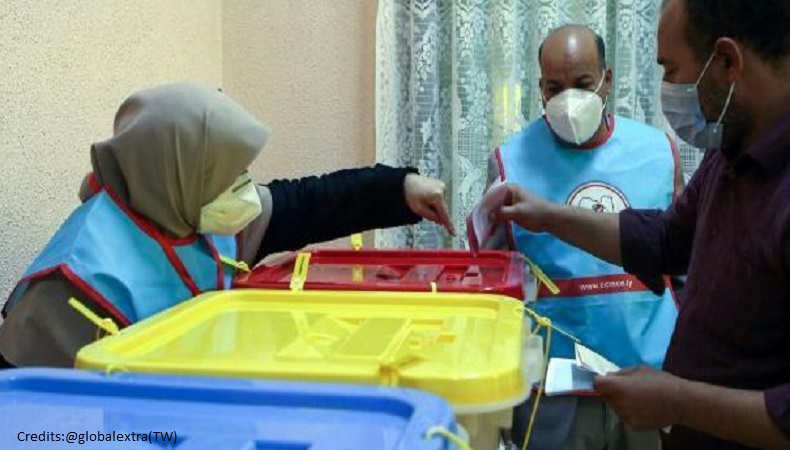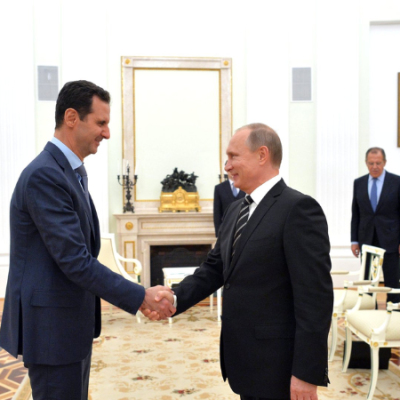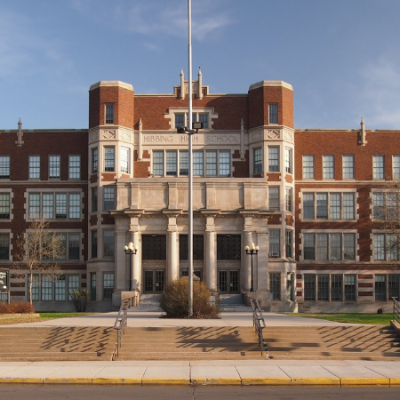Libya: Dbeibah has already failed, forgetting the meaning of “national unity”

 Libya– In Libya, the idea of holding the elections on time as scheduled for December 24, 2021, is increasingly receding. The Government of National Unity (GNU), led by Abdel Hamid al-Dbeibah with the support of the Tripoli-based High Council of State, is doing everything it can to stay in office. The Libyan prime minister is funding his election campaign at the expense of the Libyan people. It is the most serious accusation that the House of Representatives and the tribes of Cyrenaica, in the east of the country, are making against him.
Libya– In Libya, the idea of holding the elections on time as scheduled for December 24, 2021, is increasingly receding. The Government of National Unity (GNU), led by Abdel Hamid al-Dbeibah with the support of the Tripoli-based High Council of State, is doing everything it can to stay in office. The Libyan prime minister is funding his election campaign at the expense of the Libyan people. It is the most serious accusation that the House of Representatives and the tribes of Cyrenaica, in the east of the country, are making against him.
First 40 thousand dinars for couples who join in marriage, then the increase in wages for civil servants, then aid to the displaced, finally a series of events including economic forums, fairs, and demonstrations in the streets. It is now clear to everyone that Dbeibah is shelling out millions of dinars from the Central Bank of Libya to stay in power. Or rather, to make the people digest the fact that elections will have to be postponed or elected in its race for president of Libya. It is truly something good Dbeibah and his team were doing, but these were not the deals. And now, even the national reconciliation efforts, the release of political prisoners, seem to be losing the nobility they should have.
It seems clear that the powerful businessman from Misrata, Abdel Hamid Al-Dbeibah, has lost sight of the fundamental objectives of his government and the meaning of the name his executive bears: National Unity. The United Nations Support Mission in Libya (UNSMIL) received a statement entitled “Declaration of Barqa Officials in the Government of National Unity,” issued on Sunday following a meeting in Benghazi. The Mission took note of the issues set out in the declaration and called on the transitional government to address them without delay. In a clear stance, the Mission thundered against Dbeibah and those who opposed the political trial in Tripoli.
Read | France and Italy agree on Libya: No to postpone the elections
“The Mission invites all parties in Libya to engage in direct and constructive dialogue to resolve all emerging concerns and to continue adhering to the roadmap of the Libyan Political Dialogue Forum (LPDF).” A note reads, urging all parties to avoid escalation and refrain from any action that could threaten the country’s unity, its institutions, and the well-being of the Libyan people. Postponing elections pose a real threat to national or international peace and security. The Mission also reminded the executive Dbeibah and the High Council of State of the respective resolutions of the United Nations Security Council, which envisage possible measures against individuals or entities that hinder the successful completion of Libya’s political transition.
The international community has urged the parties in Libya to work together in a spirit of compromise, mutual acceptance, and fairness to address grievances and concerns through negotiation, putting the unity and stability of the country and Libyan people’s interests first. Furthermore, the Mission reminded all interested actors in Libya of the importance of respecting the election date of December 24 to realize the Libyan people’s aspiration to elect their representatives democratically. That will create new institutions and authorities with strong popular mandate and legitimacy. The current status quo is not only unsustainable, but it leads to instability and division.
What is happening in Libya is the classic game of a cat chasing its tail. First, the House of Representatives approved a presidential electoral law without a final vote in the hall. Then a rule postponed parliamentary elections by a month. They know that these would never be accepted by the High Council of State, which acts as the Senate in the Libyan two-chamber system. Yet, on the other hand, Dbeibah works tirelessly to strengthen his popularity, losing sight of the attachment to the territory he had shown at the beginning of his term. There are fewer and fewer trips to Benghazi and southern Libya. Presidential planes take off only for travel abroad. All this is reminiscent of scenes that have already been experienced in the last five years



